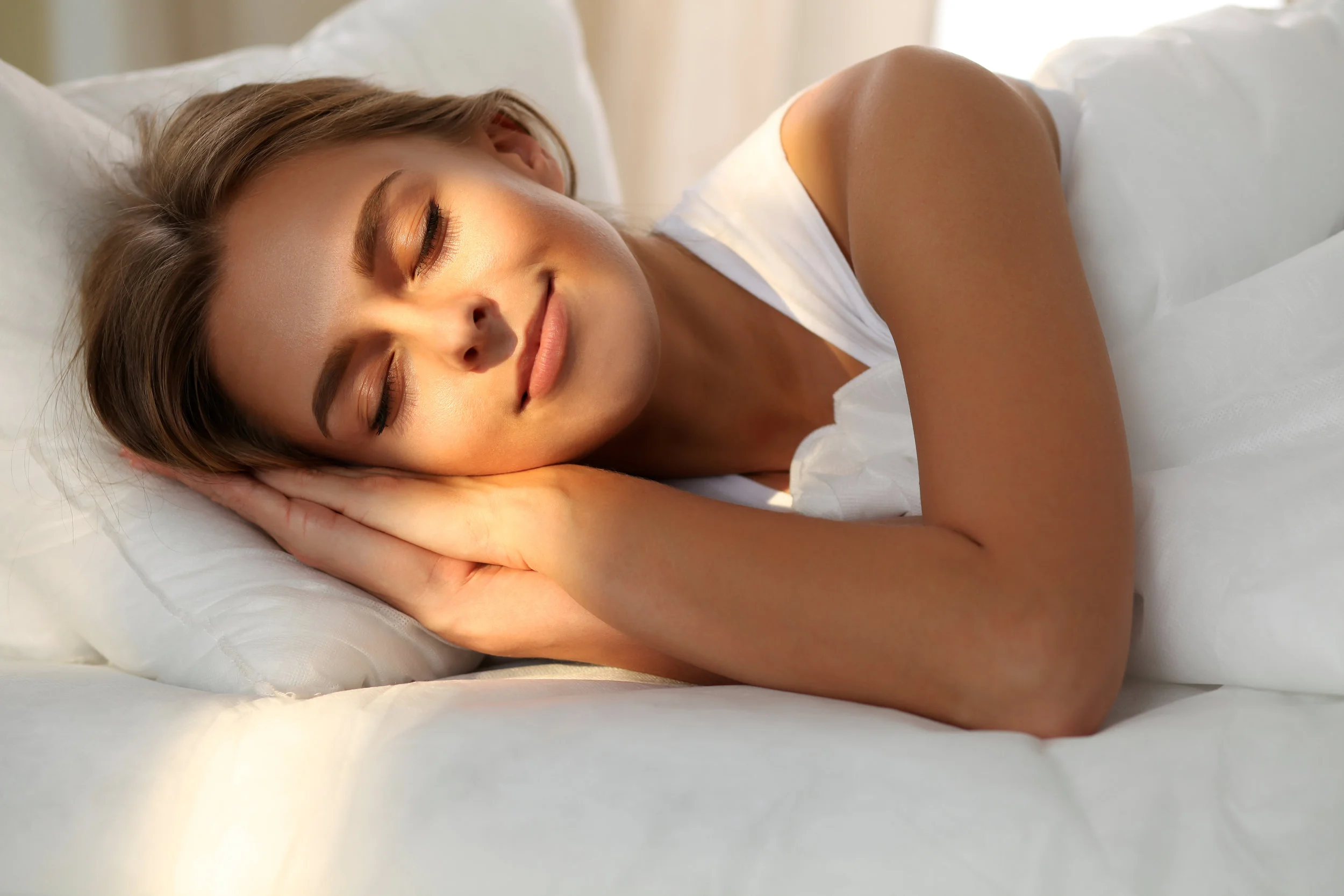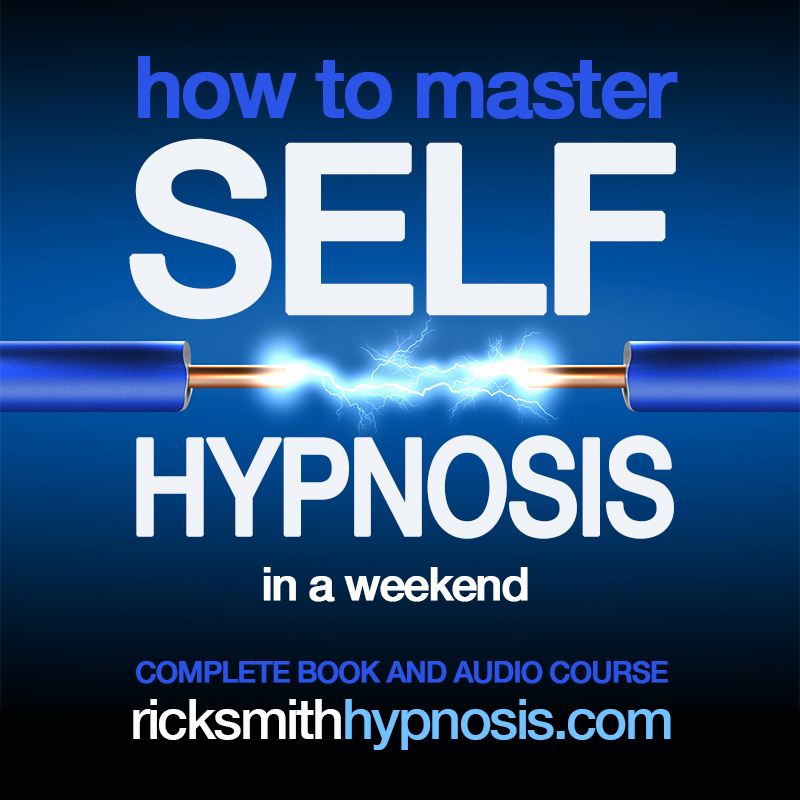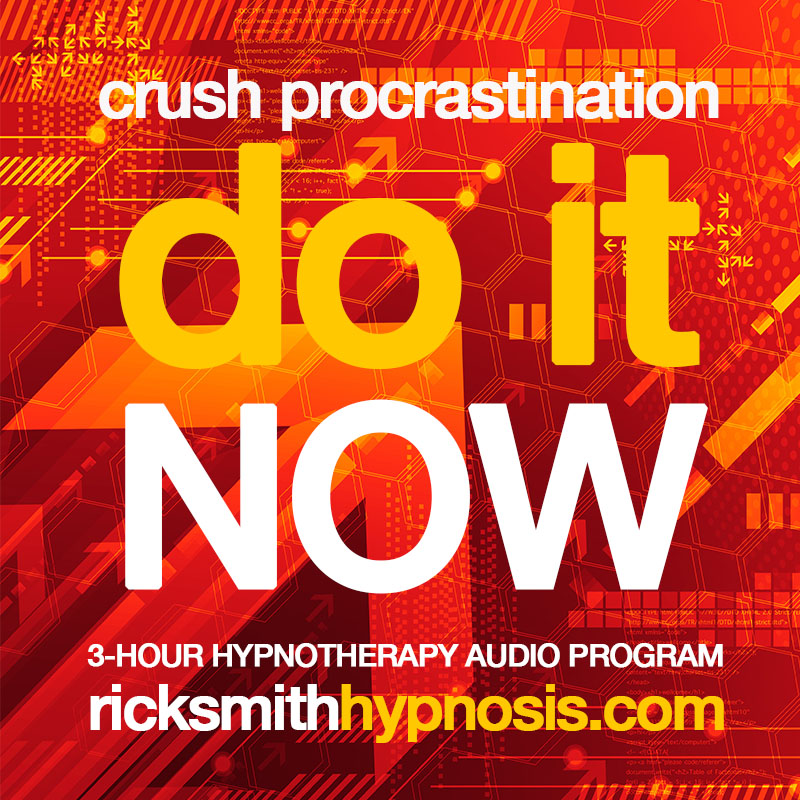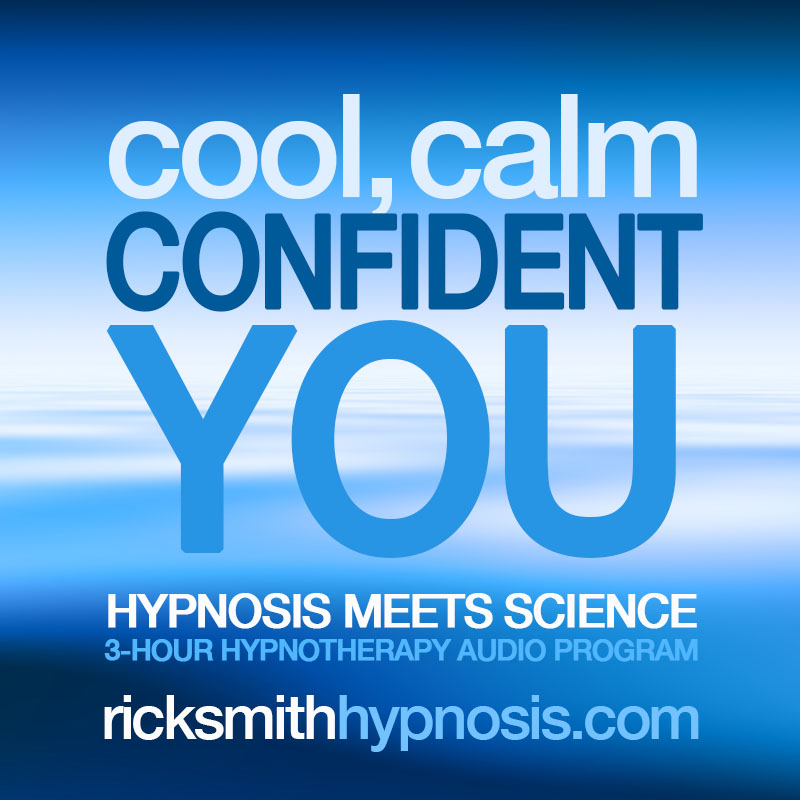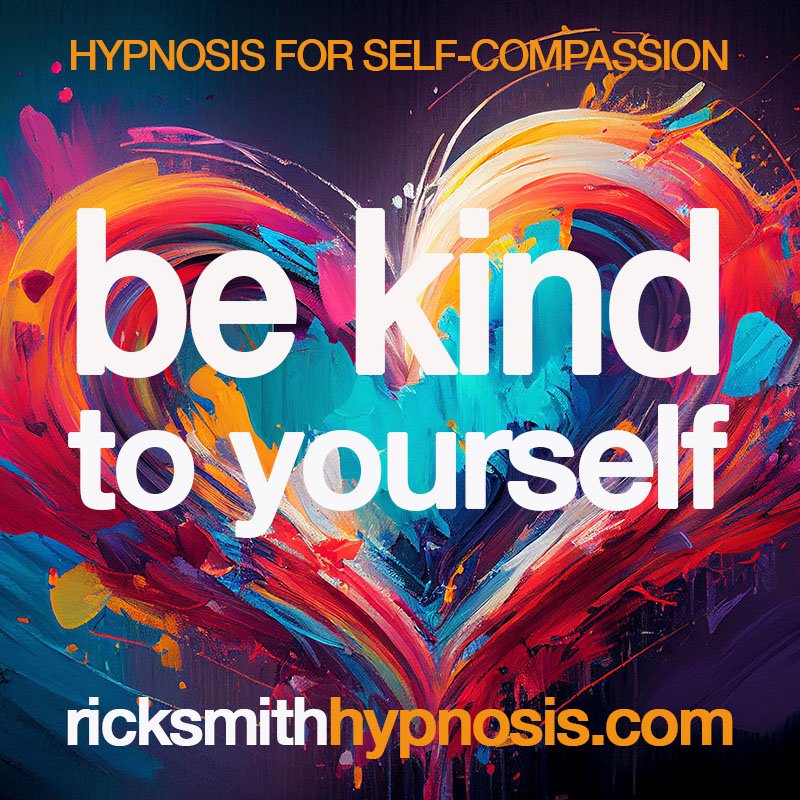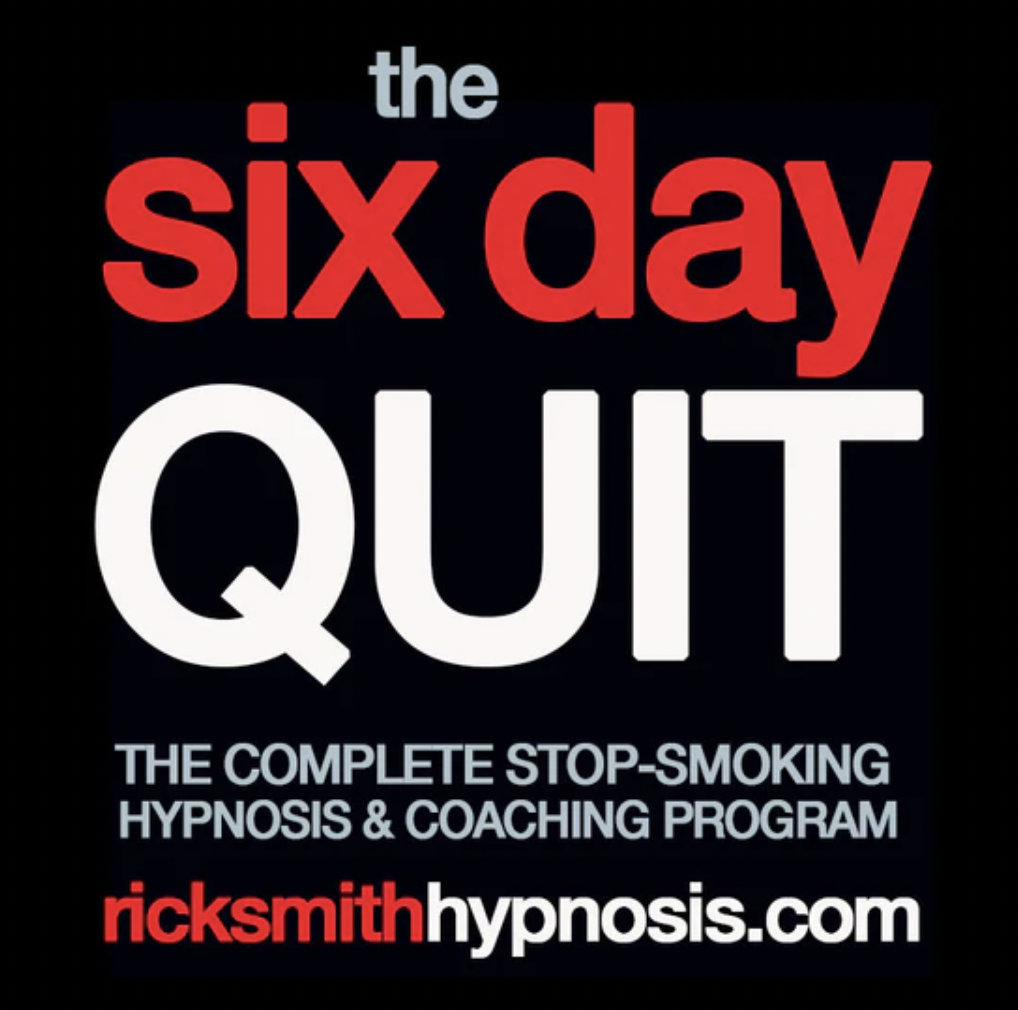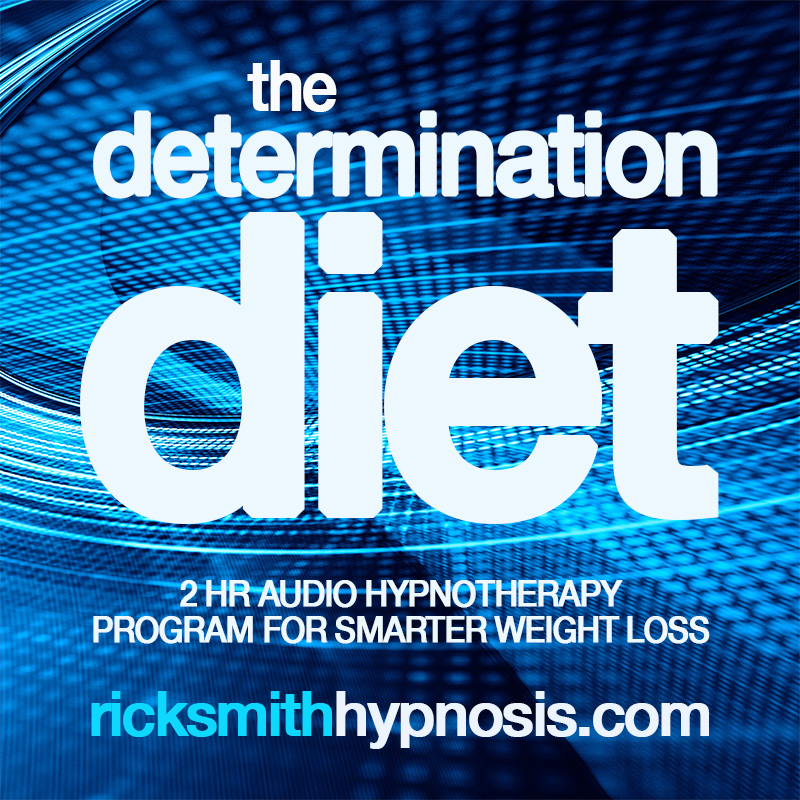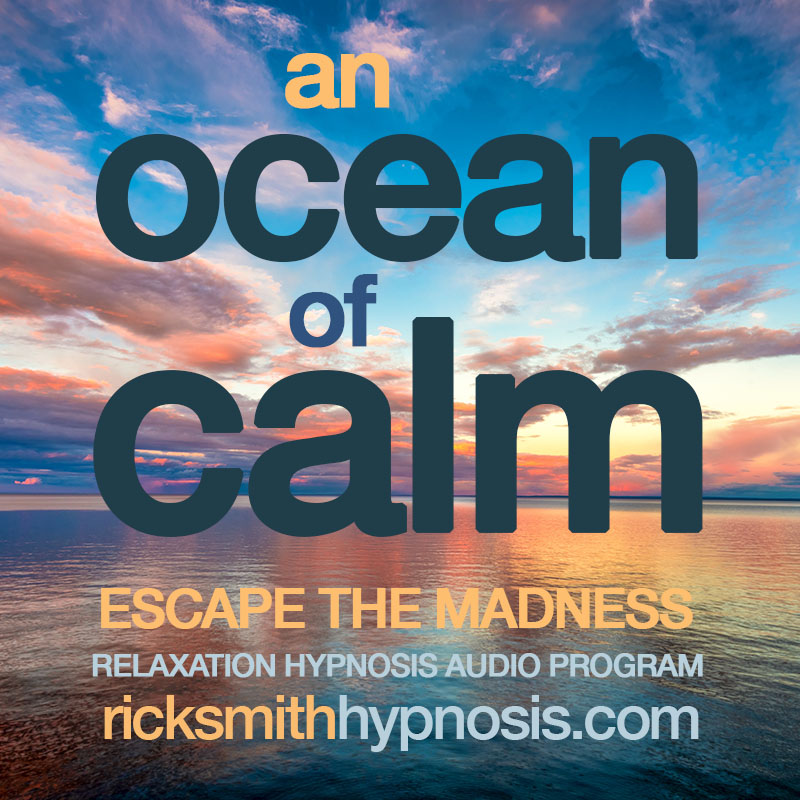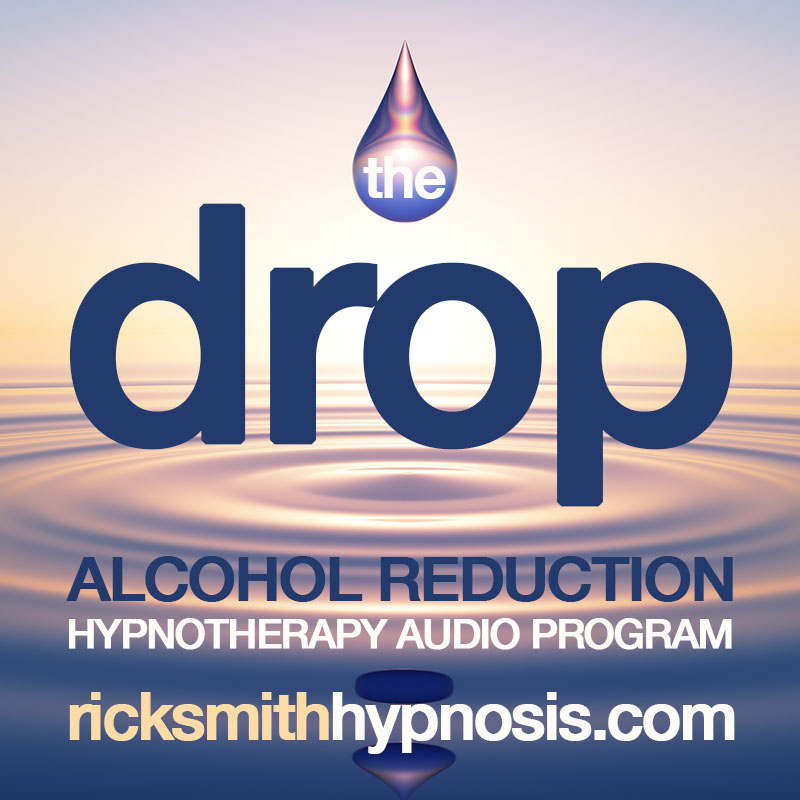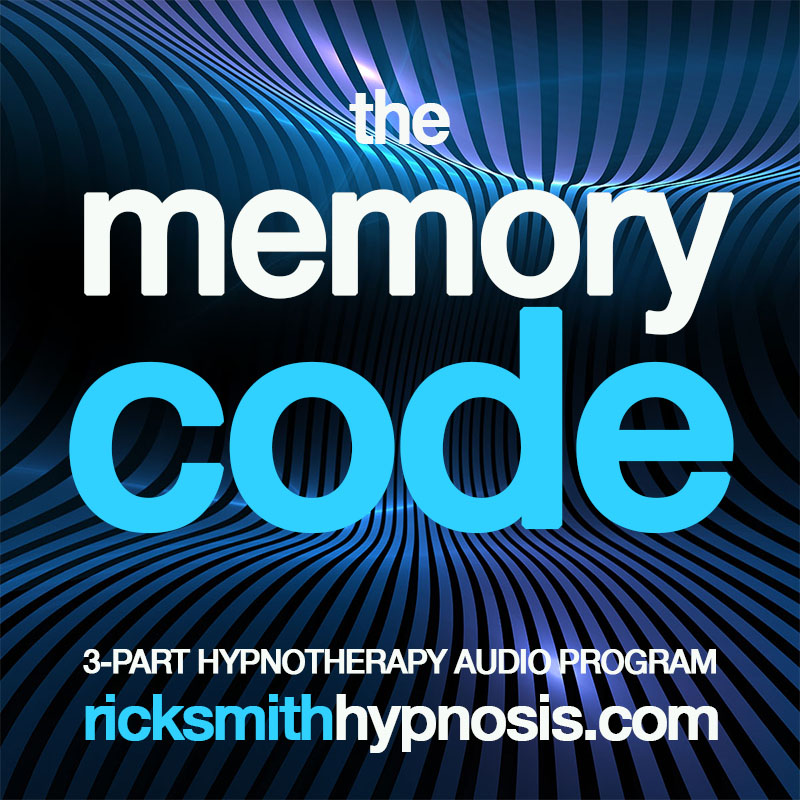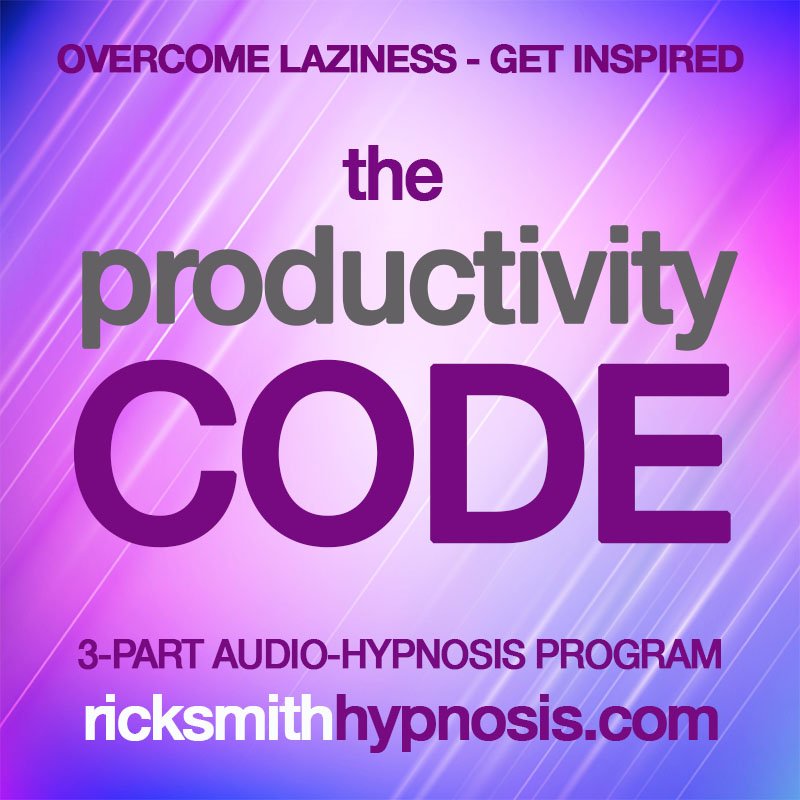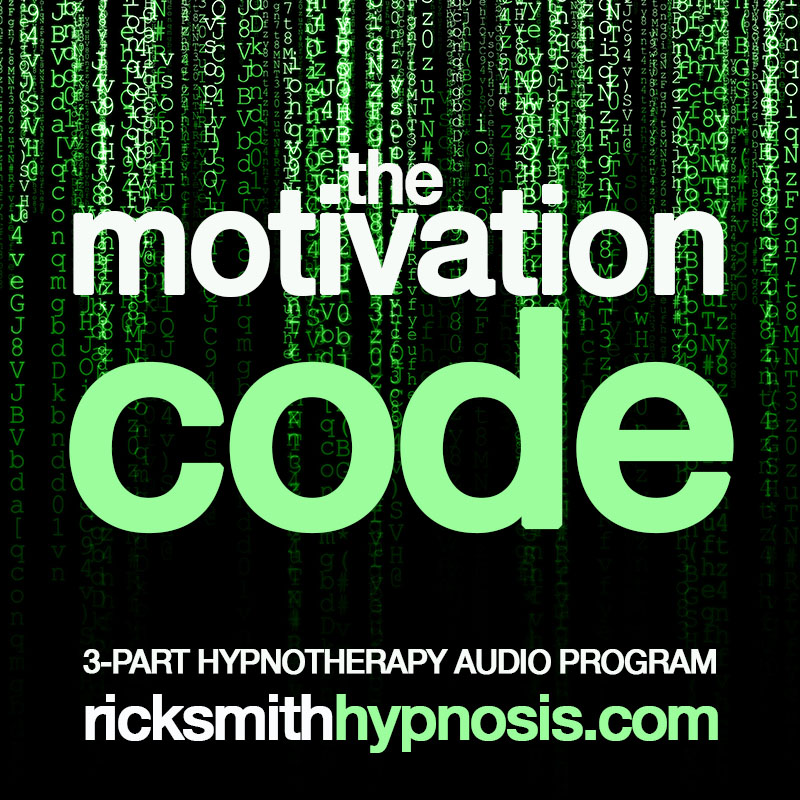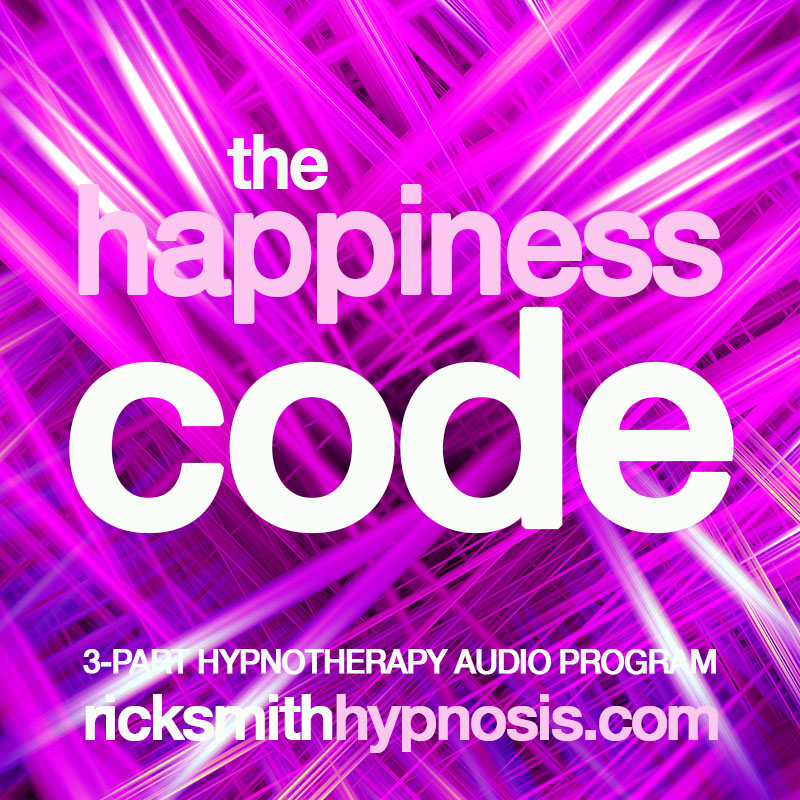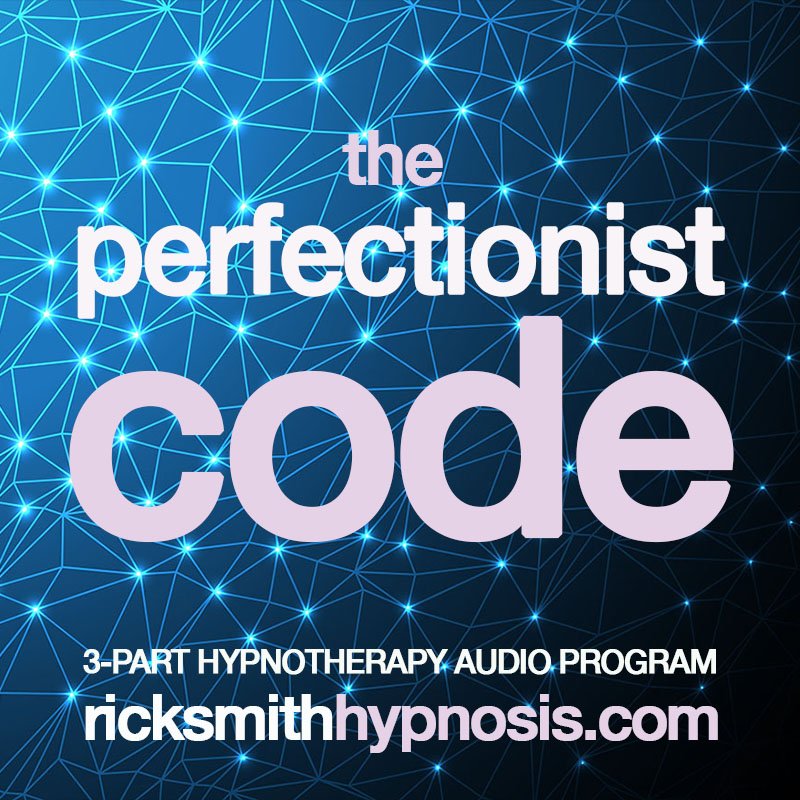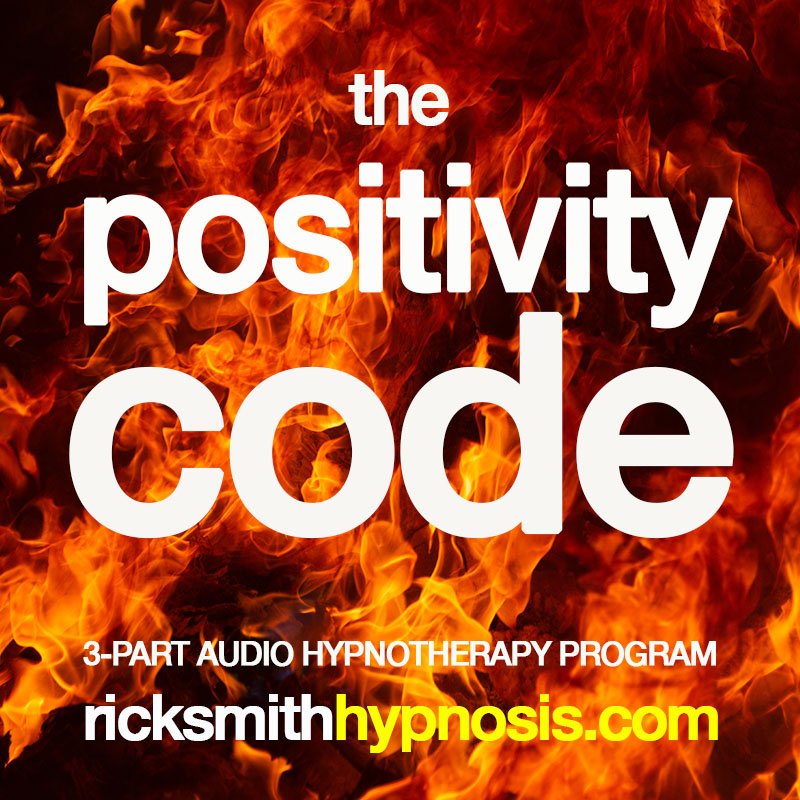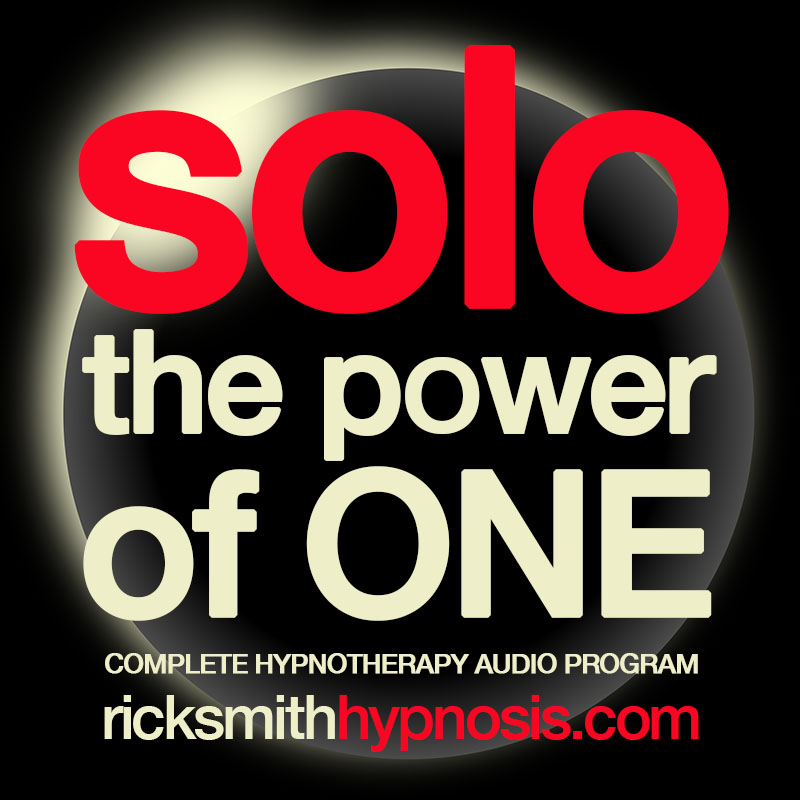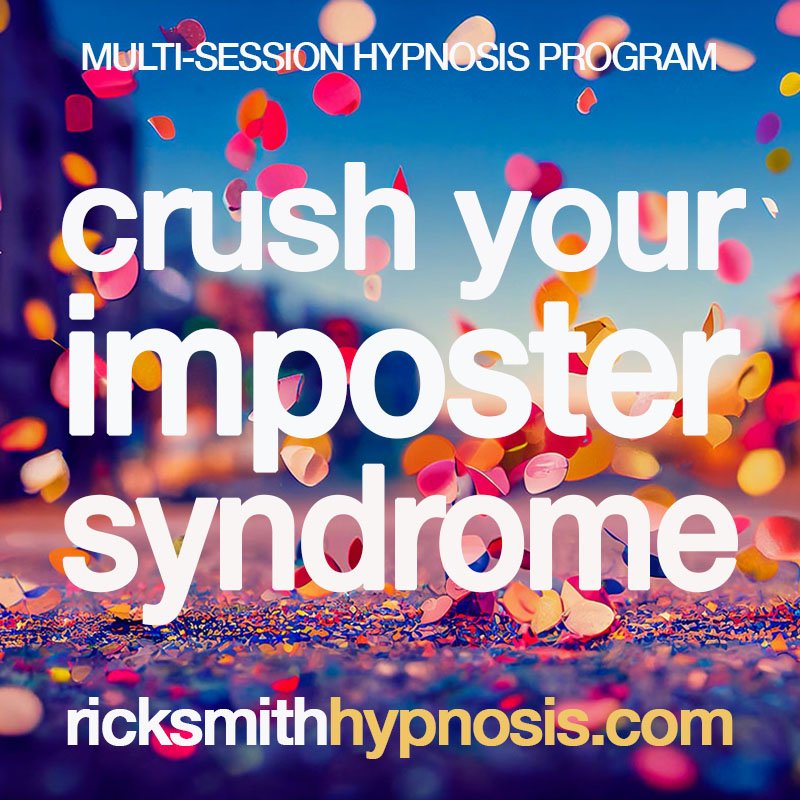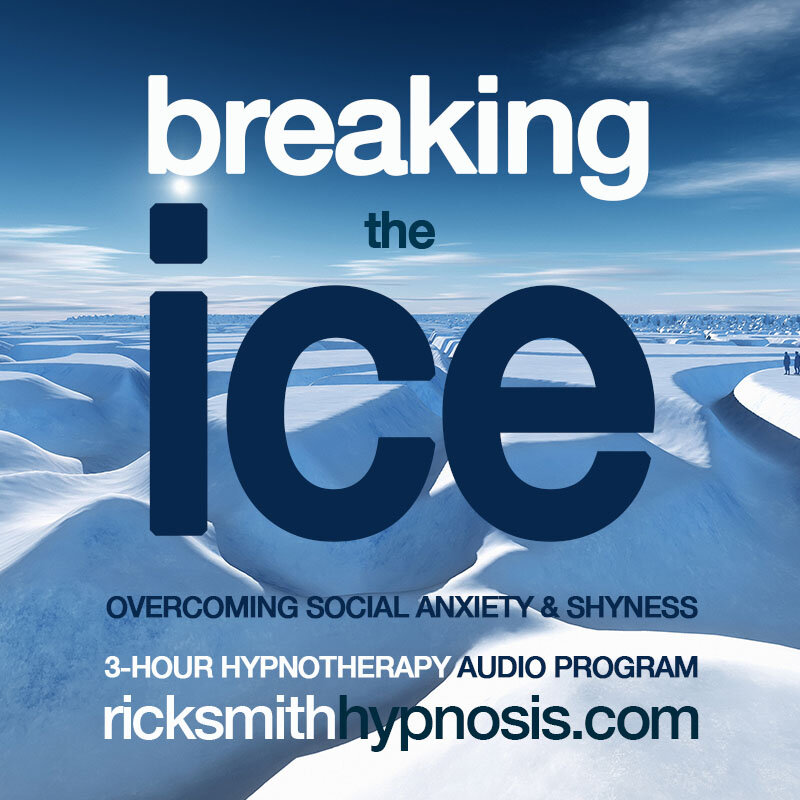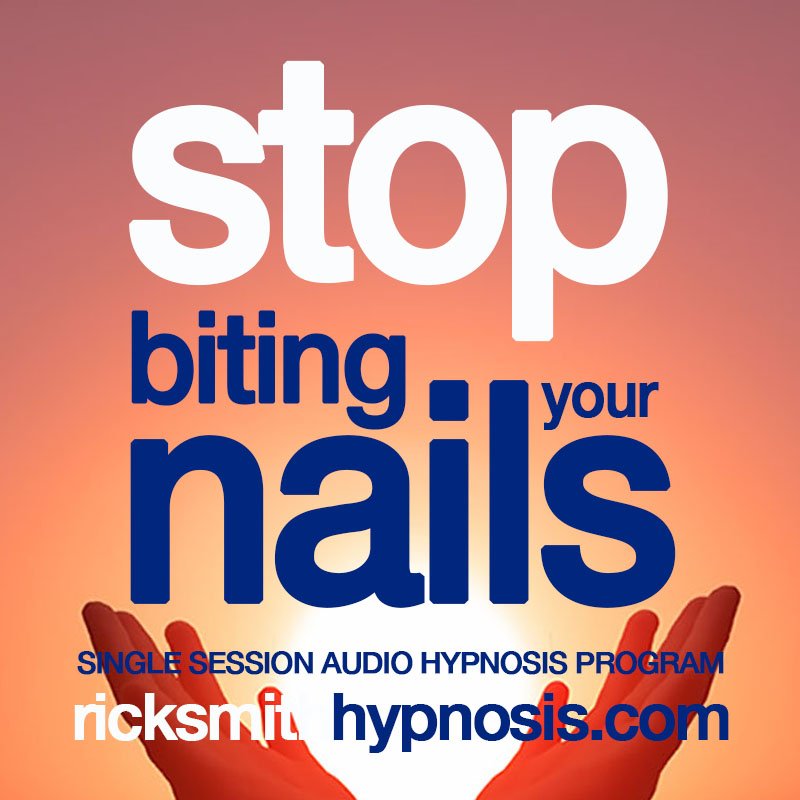We raise our children on a crazy diet of early mornings, sugary food and drink, and blue-light saturation, then we complain when they don't meet our expectations. It's sleep deficit that's doing the damage, and it's all our fault...
You know when there’s an obvious public health issue that could be fixed, if only we could own up to the problem in the first place? The recent focus on sugary drinks and snacks is a good example; finally our governments are imposing penalties and taxes at source, and young lives will be spectacularly improved once the benefits feed through the population.
Just as a huge proportion of Type 2 Diabetes could be reversed by proper diet, a huge proportion of misdiagnosed ADHD and other childhood development syndromes could equally be combated with good sleep habits, early in life.
Here’s the paradox; at six or seven years of age, when our children’s bodies and brains are doubling in size every two years, they need lots of sleep, maybe as much as twelve or thirteen hours. Sleep underpins our kids’ physical and mental development, and it’s a critical part of the complex jigsaw of growing up into a balanced, healthy, productive adult.
Yet we adults, especially working parents, are sabotaging our young by imposing sleep deficit from an early age.
The first thing has been forced on us by society; school hours. It goes like this;
School opens at, say 8am. That’s an evolved arbitrary time, which is designed to suit working parents rather than optimise the learning capabilities of the kids.
Every weekday morning, we snatch them from deep sleep, force-feed them sugary carbs like they’re fois-gras geese - ostensibly to wake them up - then drag them, half dressed and still groggy, to the bus stop or the back seat of the SUV, so that we can be rid of them in time to go to our own jobs, assuming we work conventional hours.
This is not how kids should have evolved. They’re not developmentally prepared for early mornings until puberty as over. Because of this horrendous interruption of their natural sleep cycle, they spend the first two or three hours of every day in a maelstrom of half-presence, simply following instructions or the herd.
Earnest educators do their best to bang facts and figures, skills and concepts into tiny, developing, tired, distracted brains, then we complain when half the kids are unruly, start over-diagnosing them with ADHD, and drugging them with Ritalin and Adderall because they don’t conform to the personality model necessary to fit in to this artificially constructed timeline.
There’s a good reason why kids, often right up to their late teenage years, will sleep all the time if left to their own devices. The sleep is where the magic happens in terms of brain development, so by denying them what they need we think we’re educating them, but we may indeed be holding many of them back.
Our second line of sabotage is the flat screen, whether it’s a TV, phone, tablet or PC. The short-wave blue light from these screens actively suppresses the natural production of the Melatonin hormone, which dictates when we go to sleep, and how long we stay there.
Exposure to blue light in the last hours before bed-time is catastrophic for most young people. Even if you can get them to turn the screen off in the first place, the dual hit of melatonin suppression coupled with the remnants of the adrenaline from whatever stimulation the screen was providing; maybe games; maybe movies; maybe Facebook, will linger, also impeding sleep.
These aren’t little things, by the way. These are massive, undiscussed issues which are easier to ignore than correct. According to some sleep scientists, a school day which began at ten in the morning would have serious positive effects on the learning outcomes. But it wouldn’t fit with our work patterns – we parents, and employers of parents.
Of course, denying our offspring access to their screens risks setting off an inter-generational civil war; we fail to understand the value our youngsters attach to virtual relationships. We used to go to each others’ houses for tea. Our kids have a continuum of discussion and friendship that doesn’t require them to leave the house.
Oh, and of course if they didn’t have screens, we’d actually have to interact with them and entertain them.
These two big anomalies combine to ensure that many young people have sleep deficit programmed into them. They develop coping mechanisms for dealing with daytime fatigue, when they should be learning avoidance mechanisms so that they don’t have to deal with it.
Ironically, it takes most of us until middle age to figure that out.
On the downside, most of us grow up this way, and cumulative sleep deficit is simply one more of the (apparently) unavoidable hazards of modern life which contributes to the metabolic complex of ageing, dementia, obesity, diabetes, heart attack, and stroke. You can avoid alcohol and tobacco all your life, but sleep deficit will get you in the end.
Like all things, you can’t go back and change the past; you’re a product of all the sleep you’ve had; good or bad. However, you can reverse much of the risk by taking active steps to sleep well, and long enough, as you age. It's never too late, and the benefits are startling.
Hypnotherapy is one of the best treatments around for insomnia and sleep issues. But it's tough to make it work in the hypnotist's chair, so that the effect still works at night, long after the hypnosis session is over.
Using targeted, recorded hypnosis sessions is a much more effective method, because the hypnosis is accessible when you need it (at night) and where you need it (in bed). Once you're conditioned to going into trance at bed-time, it's a short, smooth step to slide gently off to sleep.
Rick Smith is Principal Clinical Hypnotherapist at www.ricksmithhypnosis.com. Rick’s hypnosis program for insomnia and sleep issues, “Sleep Fast, Sleep Deep, Sleep Now,” including over five hours of brand new hypnosis material, is available for £6.95/$9.95 here:



